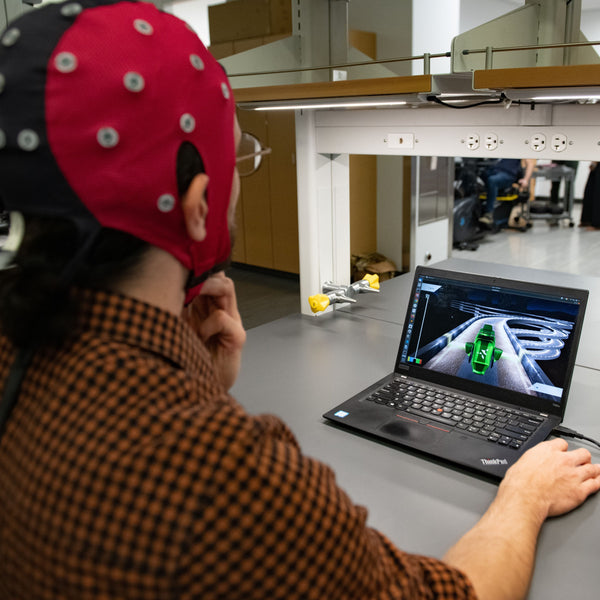Research -- StepUp to Learn
Videos vs Illustrated Texts: What Is the Impact on Learning?
Researchers compare learning from videos vs illustrated texts and found that one boosts retention and understanding.
Scientists Just Found the Brain’s Secret GPS System
Researchers discovered two brain regions that work as a “neural compass," keeping people oriented in virtual city navigation
ChatGPT vs Students: Study Reveals Who Writes Better
While the AI essays were found to be impressively coherent and grammatically sound, they fell short in one crucial area.
The Key to Spotting Dyslexia Early Could Be AI-Powered Handwriting Analysis
AI shows promise detecting dyslexia and dysgraphia from what children write on paper and tablets.
How Handwriting Helps Kids Develop Reading and Writing
Researchers test handwriting and typing on the ability to learn letters and to assimilate and remember word structure.
Studying Wikipedia Browsing Habits to Learn How People Learn
Researchers discover cultural drivers of curiosity and learning.
How the Brain Orchestrates Motion with Sensory Cues
New study reveals how, in flies, a single brain cell can drive multiple movements of the body, in partnership with sensory cues.
Eye-Tracking Study Provides Insights into Learning Mathematics
One-Size-Fits-All Brain-Controlled Gaming
How a Walk in Nature Restores Attention
Time spent in nature is good for the heart and soul, new research shows that it is good for your brain, too.
'Mister Rogers' 2.0? Chatbot Aims to Boost Kids' Positive Self Talk
How to Outsmart Dopamine and Limit Your Kids' Screen Time
-
Previous
- Page 1 of 4
- Next











